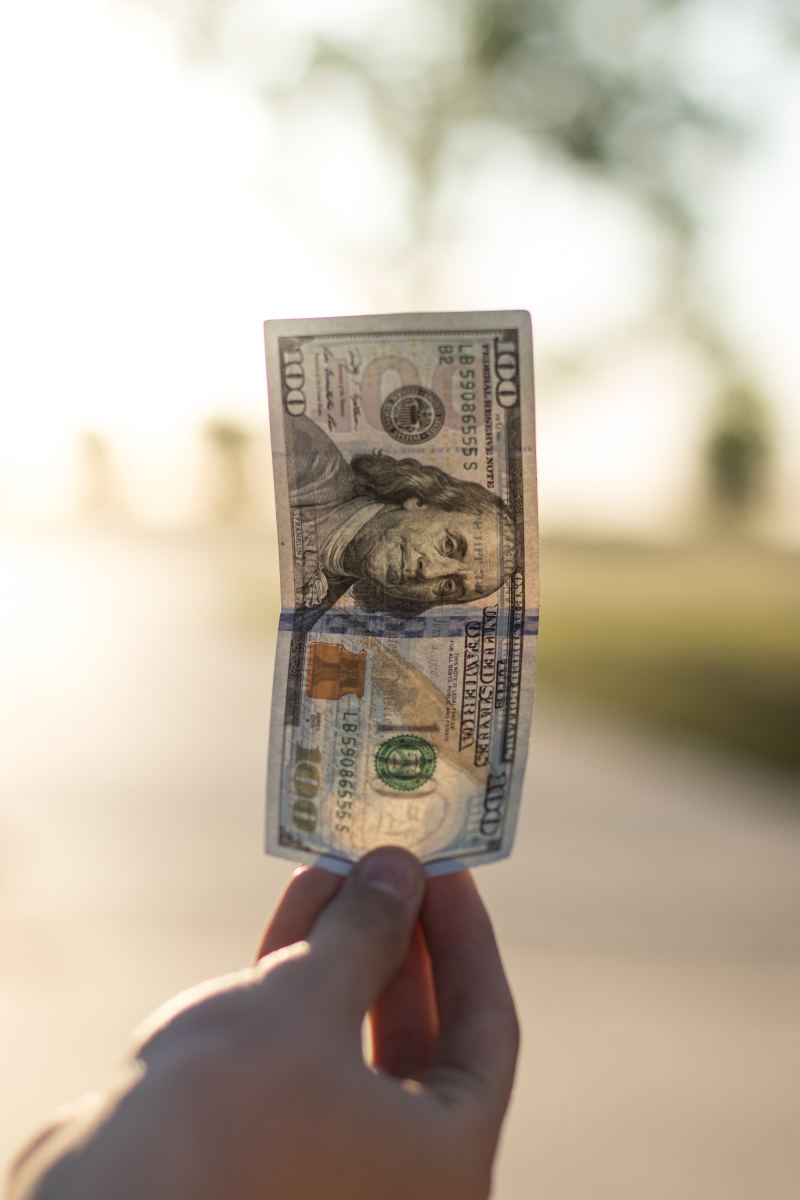Financial Turmoil - Indian situation III
October 16th 2008
Things made in India are generally strong and long lasting but we have to learn a lot about giving life time services and politely
( Continued from http://hubpages.com/hub/financial-turmoil-Indian-situation--II )
I liked today’s column by Friedman in NY times. In any business, it matters a lot, the type and quality of service you give. It has to be a commitment of long time relationship. Otherwise it is bound to create a doom some time or other as the present turmoil caused by financial entities.
I have always felt that things made in India are strong and long lasting. We have a tendency to use things directly from nature and not to disturb unnecessarily too much in the universe out side us. So we make long lasting things. On the other hand we want to feel our body completely and want to keep it clean from inside. That does not cost much. Some of this behavior is because of our socialist-era economy, when practically no one had money to buy two times the same thing. But quite a bit of it is also just part of our culture.
Before the shift to tooth brush, every one in India used to clean teeth with “neem danthal” or tooth powders like “Bandar chhap kala dant manjan” ( I still use “dant manjan”, though it seems to be now disappearing from our life. I had to shift from Bandar chhap to Vicco- difficult to get now Bandar chhap). We also generally clean not just teeth but our tongue with “jeebi”. Manner in which we use our hands, to get a feeling of our mouth completely, illustrates our this style of consumerism. Our style remains quite intact even with the shift to the tooth brush.
I think the shift to the tooth brush is temporary. It has occurred because our manufacturing companies, manufacturing Bandar- chhap etc. could not adopt to technologies and management style, which reduce costs of distribution or did not spend on advertising on media, to create faith in our own styled products. Very soon we may be back with some thing of our own style and at the same time, modified to adopt to new technologies etc.
We had consumption oriented society -culturally speaking, before socialist and pseudo- secular era. But our consumerism was based on taking things with high speed from nature and giving back to nature equally quickly. Our “kulhads”, “neem danthal”, of past days all indicate that style. In the old days before independence one can see that Gandhi used it very effectively, advertising via his own khadi movement by attractively involving every one in it and making it a fashion.
My father and uncle were simple middle class persons. They never were involved in politics. But they wore khadi, throughout their life. Enormously many in their age group did the same. Indeed, fashion Gandhi created has no parallel. It would have remained strong for many more years, if government would not have taken over khadi movement. Consumer companies like Dabur, Vicco, or software, telecom companies like Reliance, Bharati, Infosys, Wipro, banks like HDFC, ICICI, point to the direction, our consumerism is taking. Much clearer indications are provided by the manner in which we are creating malls, multiplexes and food stores in our megapolis, metropolis and even in smaller cities. Bigbazar, Reliance, Goderej food stores, Tata’s Westside give much clearer indications of directions our consumerism is taking. Though completely influenced by the mall-culture of USA-Europe, yet it is so different from malls in these countries. We will get consumerism to flow to our own style. Manner in which our government banks adopted to computers and ATM’s and get same old style passbooks printed by computers, is quite amusing but at the same time shows a direction. Macdonald – a company known for its hambugers and big-macs, did not mind inventing vegetarian products for our consumptions. This shows that even multinationals will adopt to our own style, when they are in India.
Some of the large organisations in India also now look for a long term relationships, even if you buy a very tiny product, like say an air ticket to go to a short distance. But by and large such service still remains too far off. Our neighborhood “modi” (grocery-guy) is ready to give full service to us of Sears- type (see Sears example below). We can just call him over phone and he delivers products at reasonable rates, to our home without charging any thing for home delivery. He does not talk about life time services etc. But he does have in his style a similar feeling that as long as you live near him, he does want to be at your service. But people in our government or large companies are by and large very rude. People who provide service to you on their behalf seem to have practically no training to handle consumers or building a long term relationships with every average guy.
It used to be quite opposite in USA and still is in many organisations. I remember once in 80’s while visiting USA, I bought a cheap telephone from Sears. Monopoly of Bell was already over by then. I just casually asked the girl, who sold it to me, “I am going to be in USA for about 4 months. Will your phone last that much period.” The girl said, “Sir! Sears products have life time warranty. Any time it does not work, you can come back to any Sears store, we will replace it”. This response was indeed impressive. Toyota company of Japan became one of biggest suppliers of automobiles in USA by providing life time services for cars bought from them.
I had then started wondering, “is there any possibility in near future that we will have such companies in India.” We seem to be moving towards it, a little. But we have to cover a long path towards it. One important aspect it needs, which we still do not have at all, is that our corporate sector and government machinery starts respecting human being, even a very poor guy. But this is a topic for a separate discussion, which I will cover some time.
Some time in 90’s, USA started closing down manufacturing organisations. There was a big flow of every thing needed for daily life from China. In that tsunami, the culture of Sears girl telling you “any time you come back we will replace it” started submerging. Companies like Sears are no longer, what they were. Many are gone too. However, over all that culture of trying to serve you and looking for a long long time relationship still remains intact in USA, in average guy. It is this strength, which I feel will help USA to get over this turmoil.
Current financial turmoil also is a little bit, result of forgetting these values, as Friedman points out, quoting several sources. Dov Seidman, who is the C.E.O. of LRN and the author of the book “How: Why How We Do Anything Means Everything in Business (and in Life)” summed it up very well, on how the above values were forgotten and result is, this crisis we are facing.
“UBS bank’s motto is: ‘You and us.’ But the world we created was actually ‘You and nobody’ — nobody was really connected in value terms. parts of Wall Street got disconnected from investing in human endeavor — helping business to scale and take up new ideas.” Instead, they started to just engineer money from money.”
Another quotation in Friedman’s article is from a book “Extraordinary Popular Delusions and the Madness of Crowds,” written by Charles Mackay on financial crisis, published in 1841 (!). I liked very much.
“Money ... has often been a cause of the delusion of multitudes. Sober nations have all at once become desperate gamblers, and risked almost their existence upon the turn of a piece of paper. To trace the history of the most prominent of these delusions is the object of the present pages. Men, it has been well said, think in herds; it will be seen that they go mad in herds, while they only recover their senses slowly, and one by one.”
This was exactly the situation for several months, before the current turmoil. I remember that on one of the financial TV-channels, some time in the beginning of the year, one of the international finance experts was saying “I have been in this world of finance for last 25-30 years. It has been always the case that if some thing is going up, some other thing goes down. If stock prices are going up, real estate may be going down or gold may be going down. If things are going up in USA, they may be going down in some other part of world. I have never seen a time like today’s, when every thing, stock prices, real estate, gold, oil what ever you see has the same curve, going up at high speed and that too in all parts of world”.
Sharma was saying that Sensex may go down to half of its current level. But practically no body was listening to them. Indeed we asked for delusion.
Let us hope that this crisis helps USA in getting back to the service mode of that girl from Sears and we in India also learn not just to value such services but agree that there is no other way.
The link to Friedman's article is given below. Hope you also like it.
References
1. Stephan Lebaton The Reckoning- Agency’s ’04 Rule Let Banks Pile Up New Debt
http://www.nytimes.com/2008/10/03/business/03sec.html?scp=1&sq=cox&st=cse
2. Shankar Sharma’s interview by Udayan Mukharjee at CNBC-TV18
3. Spengler Gambling, economic growth and imagination
http://atimes.com/atimes/Global_Economy/JJ15Dj08.html
4. Thomas L. Friedman Why How Matters
http://www.nytimes.com/2008/10/15/opinion/15friedman.html?em








